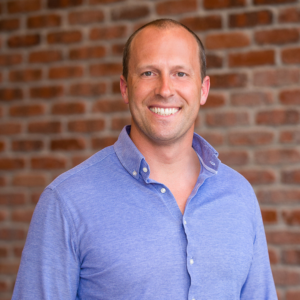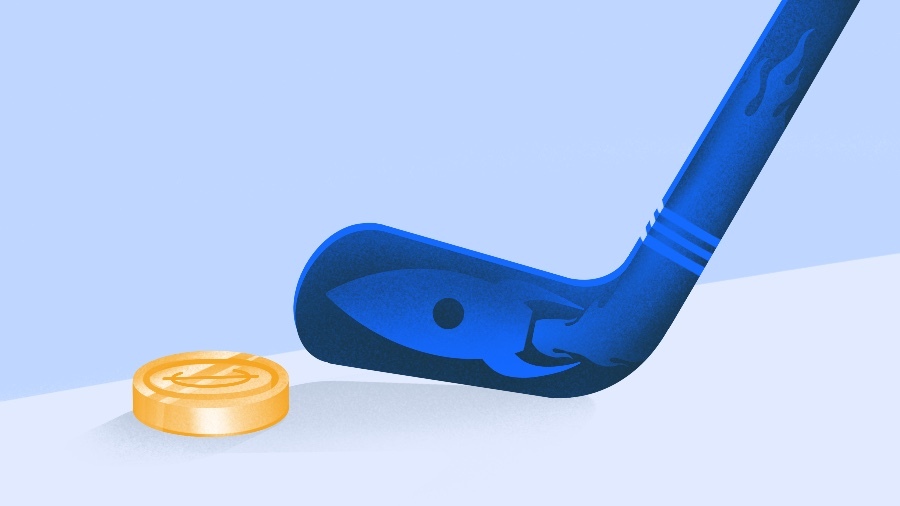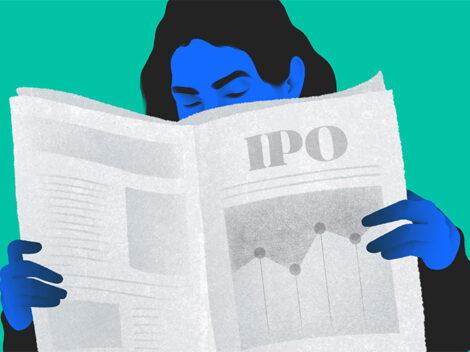The best VCs identify and support the world’s best founders. This is at the core of what they do.
Creating and growing a startup to scale is an extremely difficult task that can be derailed by a myriad of circumstances outside of a founder’s control. So even when great founders fail, the best VCs are waiting in the wings to support their next idea.
The U.S. has an extremely positive mindset toward failures like these, but that same appetite for risk and the celebration of attempts at creating big ideas doesn’t exist in the same way in most of the world.
Search less. Close more.
Grow your revenue with all-in-one prospecting solutions powered by the leader in private-company data.
In Silicon Valley, startup founders who fail gracefully are celebrated as heroes — people who have bravely attempted the impossible. Their failures aren’t seen as personally attributed negative marks on their records, but rather learning experiences that will inform and enable them to be successful on their next attempt.
However, in Europe, Canada and other huge markets, these failures are viewed in a more embarrassing light that can stand as valid reasons to withhold capital from failed founders.
This perspective gives U.S. founders and investors a distinct edge and is responsible for some of the smashing successes the U.S. market has seen in every industry across the board.
From adversity to opportunity
With the sense of a significant downturn looming, there will undoubtedly be many startups that won’t achieve their vision in the coming years. It’s my belief that this represents a generational opportunity for founders and investors alike.

As the availability of capital diminishes, there will be many great startups that simply won’t be able to secure the funding needed to continue their operations. While this short-term pain will be felt by both founders and investors, it also represents a much-needed refresh of the cycle.
This refresh will unlock time for some of the most promising founders to go back to the drawing board with the wealth of earned experience needed to inform and create an even better company, product or service. For investors, this refresh will change the dynamics of valuations and opportunities in a way that presents uniquely valuable, once-in-a-lifetime opportunities to invest in great founders early and at extremely attractive valuations.
In the short-term it will be painful, make no mistake. But great VCs think on long time horizons and, for the last decade plus, great valuations in great startups led by great founders have been difficult (if not impossible) to come by.
And the winners are?
With the coming refresh, fund-changing valuations will present themselves again and the next generation of marque venture funds will be born out of this cycle. The major factor in deciding which funds will come out on top will be their willingness to lean into the risks and maintain focus on the long-term prospects of the coming cycle.
Having a strong portfolio of great founders is the key to unlocking this potential. So as failures begin to mount, VCs should be ready to back the founders they believe in most, even if those founders have earned a failure or two … or three.
Marc Schröder is the managing partner and co-founder of MGV, and is focused on working with world-class tech entrepreneurs and establishing the MGV legacy. Before co-founding MGV, Schröder served as the head of global sales at the Maschmeyer Group and was an investor at Seed + Speed Ventures. Originally from the Netherlands, he grew up in South Africa and graduated with a law degree from Bertolt-Brecht University.
Illustration: Dom Guzman

Stay up to date with recent funding rounds, acquisitions, and more with the Crunchbase Daily.










![Illustration of pandemic pet pampering. [Dom Guzman]](https://news.crunchbase.com/wp-content/uploads/2021/03/Pets-2-300x168.jpg)
67.1K Followers